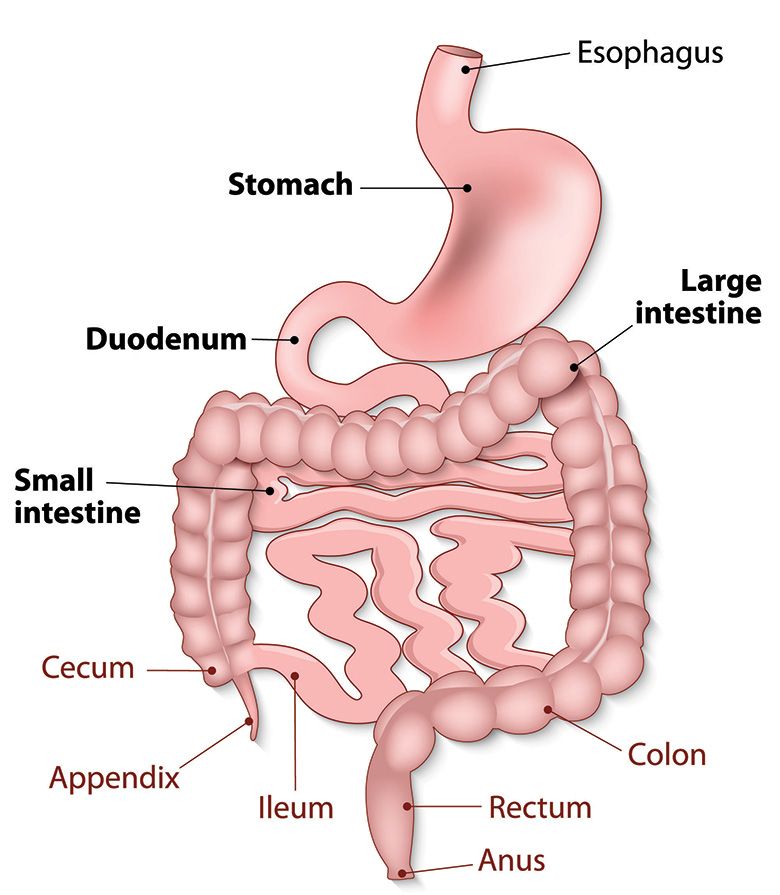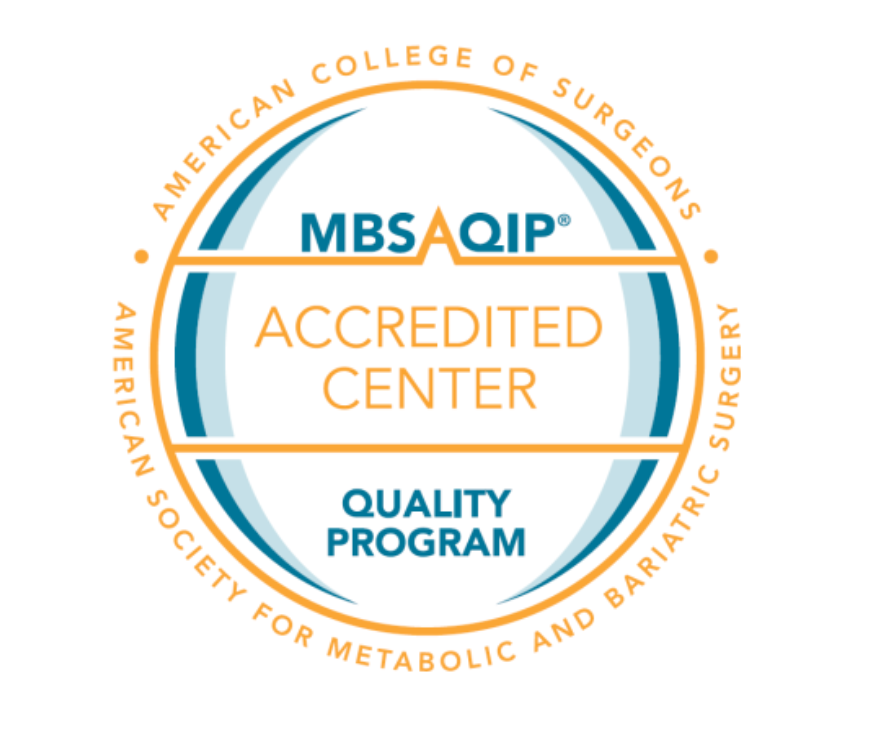If you are considering gastric bypass surgery, it’s important you understand how your gastrointestinal (GI) tract works. At University of Missouri Health Care, our bariatric surgery experts change your gastrointestinal tract anatomy and function during weight loss surgeries.
Surgeries may change the size of your stomach or even remove part of your small intestine, depending on which weight loss option you choose. By changing the amount of food you can eat and how you digest, our surgeons help you lose weight.
What is the gastrointestinal tract?
The GI tract is the pathway food takes from your mouth, through the esophagus, stomach, small and large intestine. In the GI tract, nutrients and water from foods are absorbed to help keep your body healthy. Whatever isn’t absorbed keeps moving through your GI tract until you get rid of it by using the bathroom.

Your stomach and esophagus
The first part of the GI tract is the esophagus, the tube that connects your mouth and stomach. Food passes through the esophagus before it is stored in the stomach. Your stomach can hold as much as a quart and a half of food as it creates acids to digest the food. Because the stomach doesn’t absorb food at all, food only stays there a short time before small muscle contractions push the food into your small intestine.
Your small and large intestines
The small intestine consists of three parts: the duodenum, the jejunum and the ileum. In these three parts, food is mixed with digestive fluids that break it down and digest it further. The small intestine also absorbs nutrients into the bloodstream.
In the duodenum, bile, fluid from the walls of the intestine and other fluids from the pancreas mix with the foods. This mixture of food and fluids moves into the jejunum, where food gets broken down into its essential elements like carbohydrates, fats, proteins and other nutrients.
Finally, food moves into the ileum, where a lot of the nutrients and water are absorbed into the bloodstream. Food and digestive fluids that aren’t absorbed keep moving into the large intestine (your colon), where it is stored until you use the restroom.
Learn more about Bariatric Surgery Services at MU Health Care.




